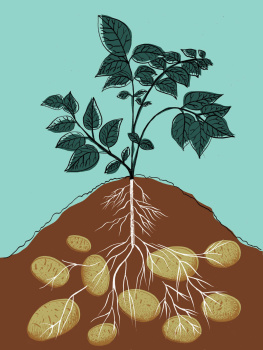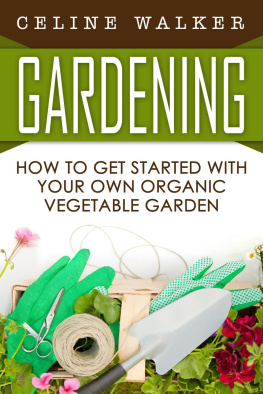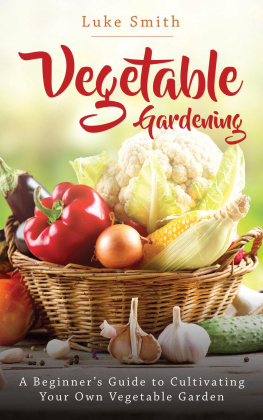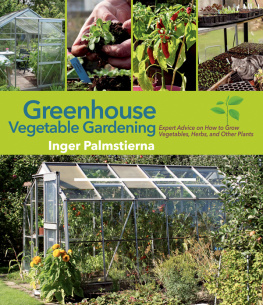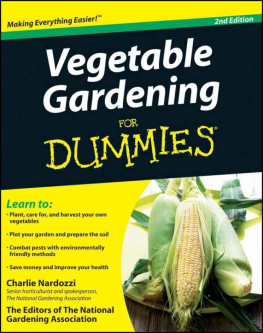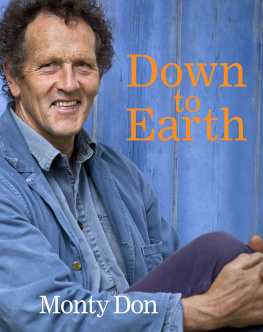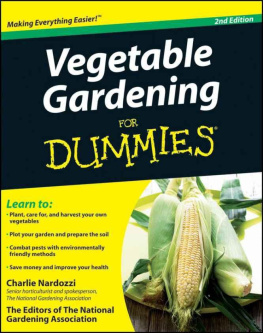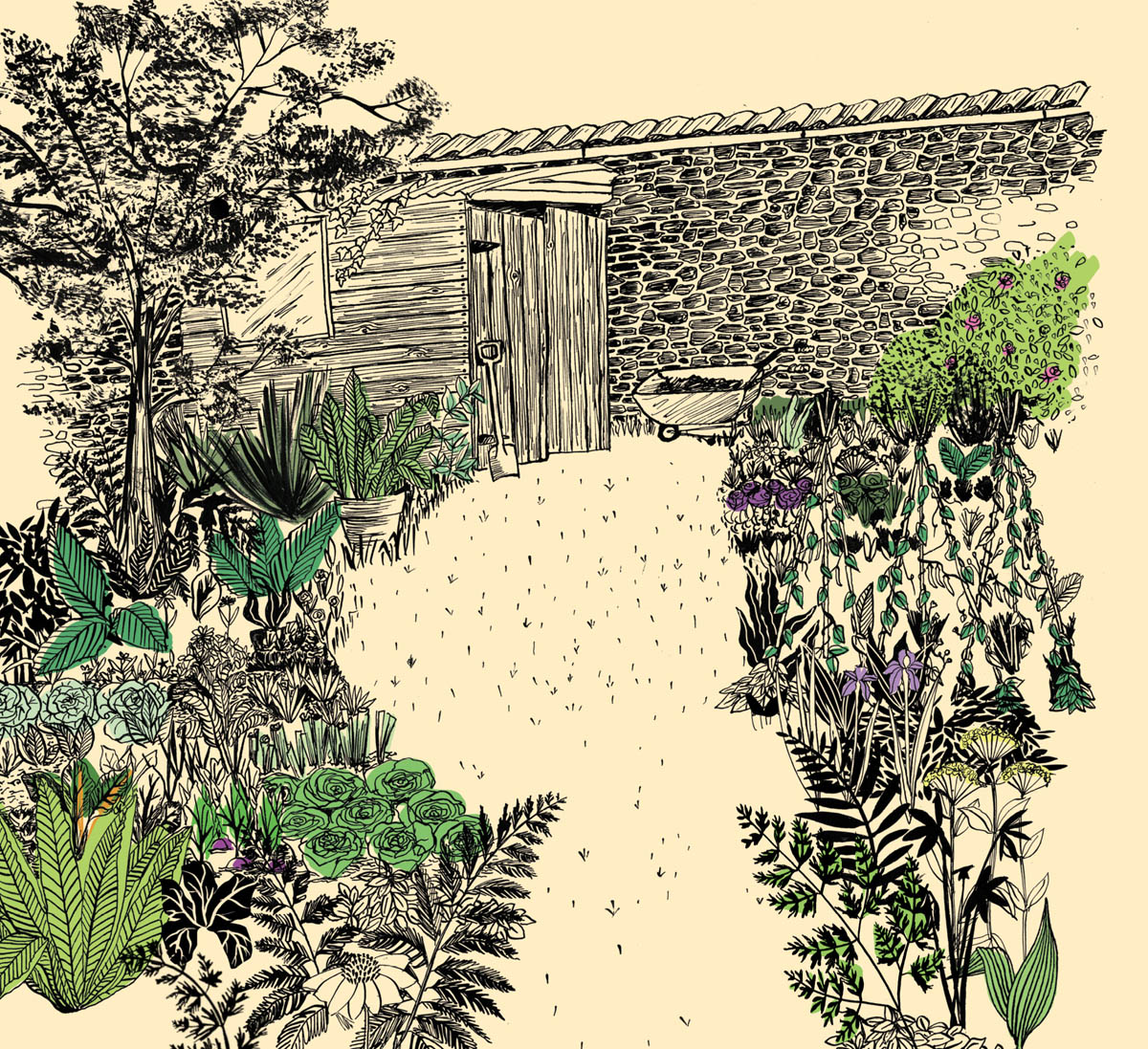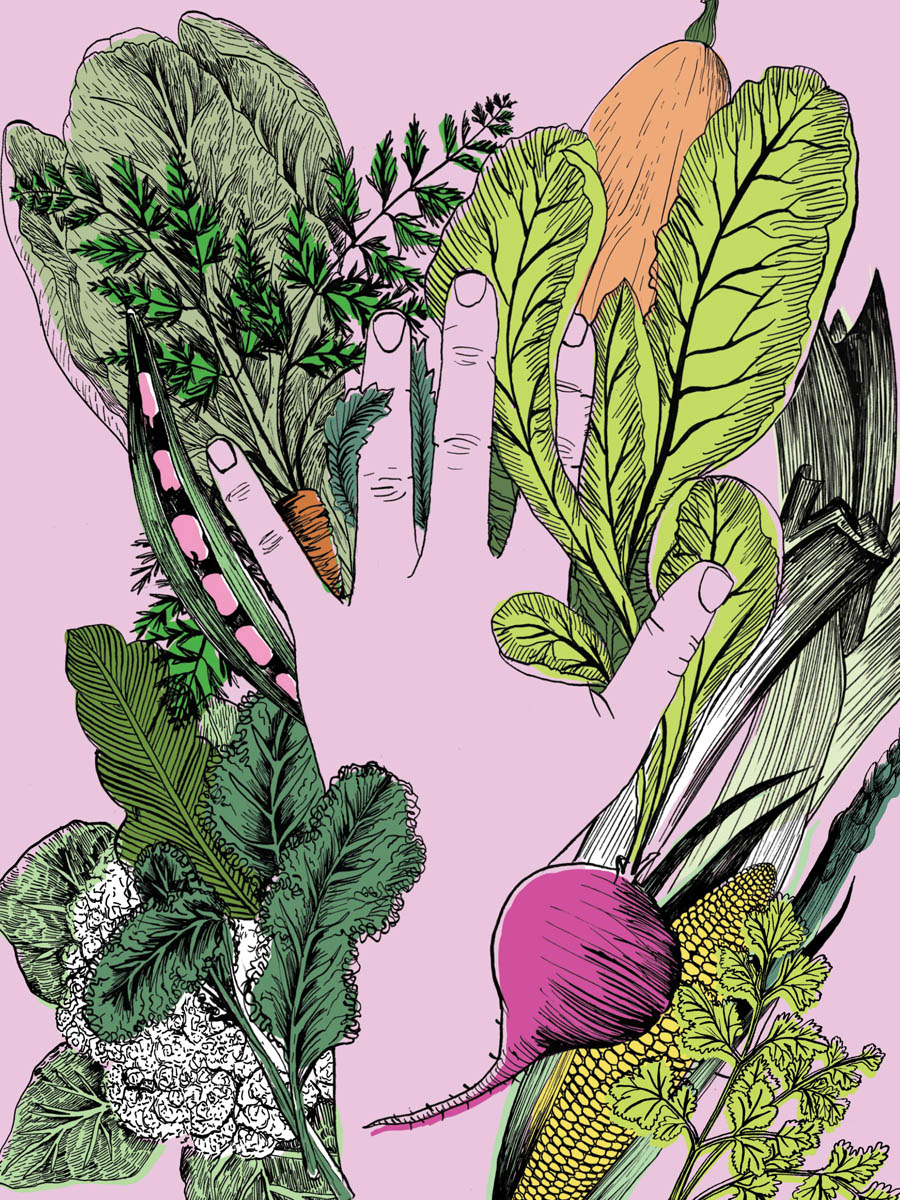For Derek
Your support helps me grow through every season.
The mission of Storey Publishing is to serve our customers by publishing practical information that encourages personal independence in harmony with the environment.
Edited by Carleen Madigan, Hannah Fries, and Corey Cusson
Art direction and book design by Jeff Stiefel and Ash Austin
Text production by Erin Dawson
Indexed by Christine R. Lindemer, Boston Road Communications
Illustrations by Harriet Popham
Text 2019 by Kelly Smith Trimble
Ebook production by Kristy L. MacWilliams
Ebook version 1.0
April 2, 2019
All rights reserved. No part of this book may be reproduced without written permission from the publisher, except by a reviewer who may quote brief passages or reproduce illustrations in a review with appropriate credits; nor may any part of this book be reproduced, stored in a retrieval system, or transmitted in any form or by any means electronic, mechanical, photocopying, recording, or other without written permission from the publisher.
The information in this book is true and complete to the best of our knowledge. All recommendations are made without guarantee on the part of the author or Storey Publishing. The author and publisher disclaim any liability in connection with the use of this information.
Storey books are available for special premium and promotional uses and for customized editions. For further information, please call 800-793-9396.
Storey Publishing
210 MASS MoCA Way
North Adams, MA 01247
www.storey.com
Library of Congress Cataloging-in-Publication Data on file
Grow Your Inner Gardener
I grew up in a small town in eastern Tennessee, and though my family didnt grow our food, we were connected with those who did. One of my favorite weekly errands was stopping in the Ripe n Ready, a farmers co-op with rows of simple wooden bins filled with fresh vegetables and nuts, shelves of local honey and milk, and barrels of homemade jelly candies. Every summer, wed load up paper bags with greens beans and sit on the front porch to string them. My mother and grandmother would make a pot of beans (cooked with ham and served with cornbread, of course) and then can the leftovers. It sounds idyllic and, looking back, it was.
I believe that you, too, can grow at least some of what you eat, no matter where you live and regardless of what else is requiring your time and attention.
I took that sense of small-town connection with me to college, where I studied environmental ethics. When I was a senior, I went with one of my classes to visit a beautiful family farm tucked inside a cove beneath the Cumberland Plateau in middle Tennessee. I learned about rotational grazing, stood in awe of the fields of vegetables, saw cultivated mushrooms for the first time, and fell in love with the farms deep connection to the land.
That experience showed me that growing food could be a deeply personal and satisfying way of connecting with and protecting the environment. As Wendell Berry in his essay Think Little writes: I can think of no better form of personal involvement in the cure of the environment than that of gardening. A person who is growing a garden, if he is growing it organically, is improving a piece of the world.
In my cubicle at my first publishing job, in Birmingham, Alabama, I pinned up a photo Id taken that day at the farm, hoping that Id one day work my way back to that rural ideal. But what Ive discovered over the past 15 years or more of gardening is that the backyard garden (or front yard, if thats where your sun is) offers more opportunities than Id ever imagined.
It is possible for anyone to grow their own food, at least some of it; you dont have to live in a small town or picturesque landscape. Ive done it at my third-floor urban apartment, where I planted tomatoes in pots in the parking area; at my first house, where I dug up the front yard to try growing a little of everything; and in my suburban backyard, where I currently garden in a series of raised beds.
The key is to start small and think of gardening as a lifelong education. Daily practice is essential to this education in a practical sense, for more bounty, and in a deeper sense, for developing a connection with the garden as a tool for self-discovery and satisfaction. I know that your attention is likely divided among work, school, family, health, and other responsibilities. Mine is too. Thats why I wanted to create a book that presents bite-sized, seasonally appropriate advice and information that you can take action on immediately or recall when the opportunity arises. If your mind is scattered on a daily basis to the degree that recollection doesnt come easy, flag the pages youre most interested in, and I promise, over time, gardening will help focus your mind. You may even become like me and have to force yourself to think about anything else!
Ive organized this book generally by season, from late winter, when days start stretching and the ground wakes up from winter slumber, to late fall, when gardeners start thinking about what can overwinter (kale! parsnips!) and putting the rest to bed. Precise timing, from frost dates to planting times, varies depending on where you live, of course. Topics covered include organic gardening basics, like soil building and planting for pollinators; understanding, choosing, planting, and saving seed; growing in all seasons, climates, and spaces large and small; easy ideas for harvesting, cooking, and preserving produce; and much more.
You will also find quotes from wise gardeners and cooks that are meant to nourish your hunger for connection with the ground and with your food. A common theme among these voices: Know you wont be perfect, but if you truly care about your plants, you will be a good gardener. Thats something Ive known to be true but had trouble expressing, so I was glad to read it so clearly in the words of Eliot Coleman in The New Organic Grower: Quality is the result of the skill of the producer coupled with care. Experience will provide the skills, but caring must come from within.

